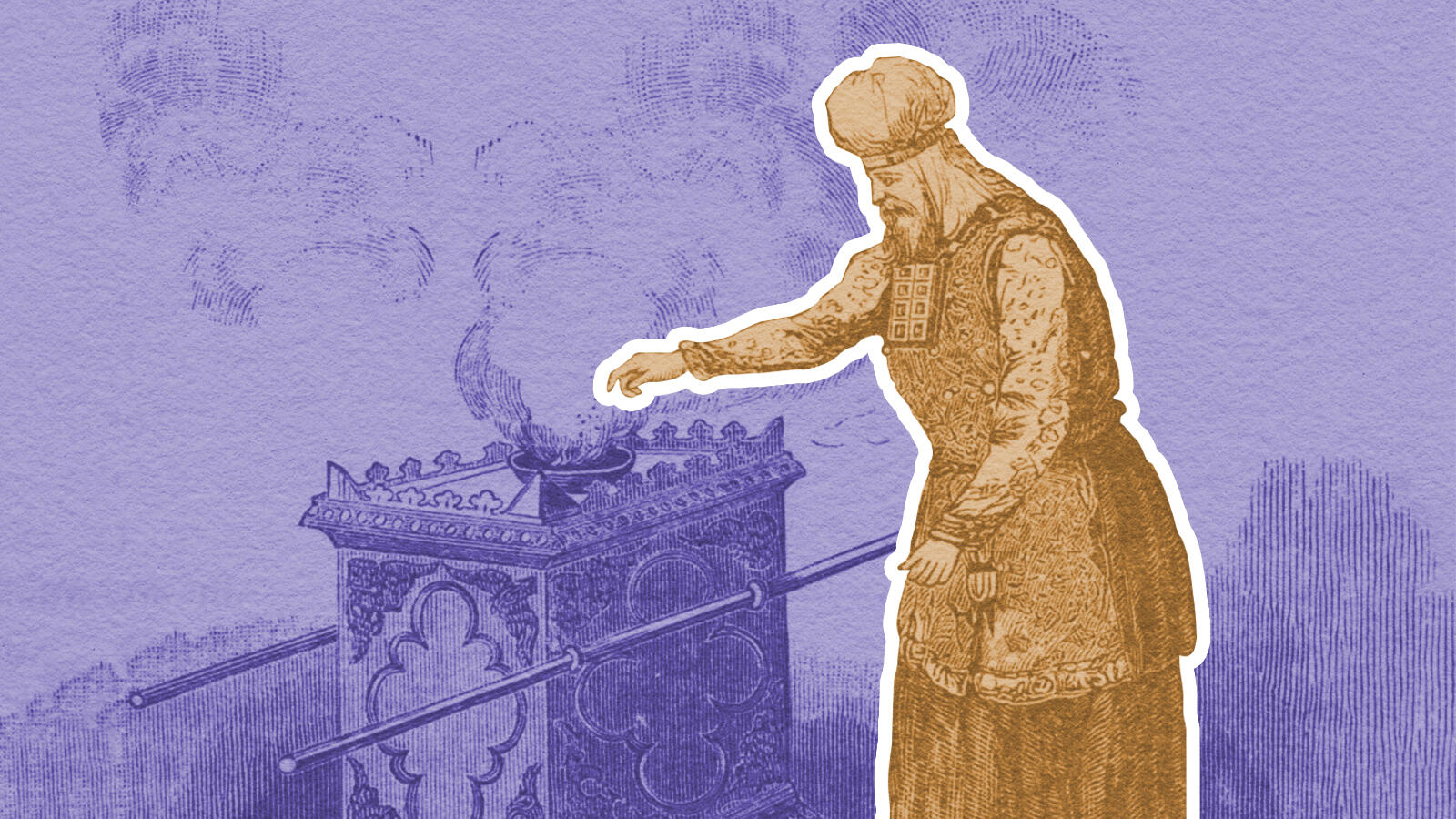With Parashat Pekudei, we arrive at the end of the book of Exodus. Pekudei, which means “accountings of,” begins with a detailed inventory of the expenditures for creating and decorating the mishkan, the mobile sanctuary the Israelites constructed in the desert. By the end of this portion, the people have completed the mishkan per God’s instructions and placed all of its vessels in their proper place. Finally, God’s presence has a resting place that will accompany the Israelites on all of the journeys.
Within the mishkan, Moses placed both sets of tablets that he brought down from Mount Sinai in an ark — the first set, which he shattered upon coming down after seeing the Israelites worshiping the golden calf, and the replacement set he received when he went back up the mountain. Both sets of tablets, which the Torah calls the “pact,” were kept in the Holy of Holies, the innermost part of the mishkan.
The text makes clear the importance of distinctions between different sections of the tabernacle, and delineates two particular types: the parochet and the masach (Exodus 40:21 and 40:28). The masach is a screen used to keep dust out of the sanctuary. The parochet is a covering that served to distinguish the space between the sanctuary and the Holy of Holies. Each of these items served the purpose of protection — the former a practical one, and the latter a spiritual one.
For those of us who have experienced deep grief, this notion of protective screens and coverings might seem familiar. Just the other day, I was standing with a dear friend’s daughter at her grandmother’s funeral. With our arms wrapped around each other’s waist, she leaned over and whispered in my ear, “Is this triggering for you to be here?” Knowing that I have lived through loss of my own, her sensitivity was touching. “When I attend funerals, I put up a screen in order to not let my stuff out, so that I can be fully present for others,” I told her. “So no, it’s not triggering for me.”
With your help, My Jewish Learning can provide endless opportunities for learning, connection and discovery.
How many of us who are grieving put up screens in our lives in order to get through the day? Or so we can be present for others? Or so we can live our lives without always feeling the gaping, ever-present hole?
Sometimes, covering and protection are necessary. But here’s the thing we learn from Jewish tradition: These boundary markers are permeable. The priests who served in the Temple passed through the masach regularly to do their holy work. Even the parochet sanctifying the Holy of Holies was breached, once a year by the high priest on Yom Kippur.
The priests were trusted leaders who were able to move through these barriers. We too need to find those whom we trust, our proverbial “priests,” and allow them to enter the protective screens we have erected. Only when we are willing to share our pain with others, our holy stories and memories, will we be able to move forward toward healing.
This article initially appeared in My Jewish Learning’s Reading Torah Through Grief newsletter on March 15th, 2024. To sign up to receive this newsletter each week in your inbox, click here.
Looking for a way to say Mourner’s Kaddish in a minyan? My Jewish Learning’s daily online minyan gives mourners and others an opportunity to say Kaddish in community and learn from leading rabbis.



